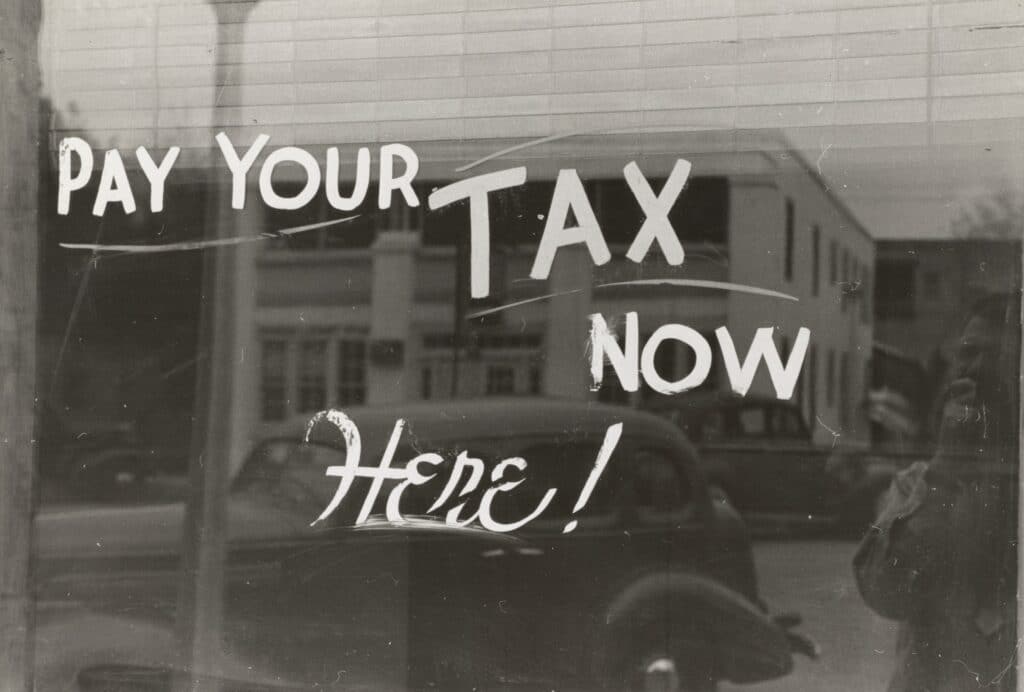Nobody likes to receive a notice from the IRS, but it’s important not to panic. One of the most common notices is the CP501, sent when you have unpaid taxes. Fortunately, this article will discuss what the CP501 notice means and what steps you should take with your tax attorney if you receive one.
What Is the IRS CP501 Notice?
IRS CP501 notice is not a bill. Rather, it’s simply a notification that unpaid taxes must be addressed. The notice will provide you with the amount you owe and any associated penalties and interest. The IRS intends to take action to collect these funds, so it’s important to take action and address the issue as soon as possible.
Steps in Handling an IRS CP501 Notice
1. Read the Notice Carefully
Ensure you understand the amount you owe and any penalties and interest accrued. If you have any questions or concerns, don’t hesitate to contact a tax attorney for guidance.
2. Determine Your Payment Options
The IRS has a variety of payment options available. One option is to pay the full amount to avoid accruing any extra interest or penalties. If you cannot pay the full amount, you can opt for an installment agreement, which enables you to make monthly payments over time.
If you have tax debt, you can settle it for less than the full amount through an offer in compromise. However, you could be eligible for hardship relief if you’re facing financial hardship, enabling you to delay or temporarily reduce your payments.
3. Respond to the Notice
It’s important to note that ignoring the CP501 notice can have severe consequences. If the taxpayer fails to respond to the notice, the IRS will take action to collect the unpaid taxes. This could include wage garnishment, bank levies, or even the seizure of assets.
If you agree with the amount owed on the notice, pay it in full or set up a payment plan with the IRS. If you disagree with the amount owed, respond to the notice with a written explanation and any supporting documentation. The IRS will review your response and decide on whether to adjust the amount owed or continue with collection actions.
You can also work with a tax lawyer to aid in your response and ensure your taxpayer rights are protected. It’s important to act quickly and respond to the notice as soon as possible to avoid further collection actions by the IRS.
4. Follow Up
After submitting your response, following up with the IRS is important to ensure your payment plan is approved. This can take a few weeks, so be patient. However, if you don’t hear back from the IRS after a reasonable amount of time, it’s important to reach out to them and inquire about the status of your payment plan. This way, you can avoid any further penalties or collection actions.
Final Thoughts
Receiving a CP501 notice from the IRS can be stressful, but it’s important to remain calm and take action. The most important thing is to read the notice carefully and determine your payment options. A tax attorney can help you navigate the process and ensure you take the right steps to resolve your tax debt.
Are you facing an IRS Notice CP501 issue? The Law Offices of Stephen B. Kass, P.C. is here to help. Our team of experienced tax attorneys on Long Island will provide you with the necessary guidance to resolve your tax problems. Contact us now and get expert advice on how to handle your IRS notice.








